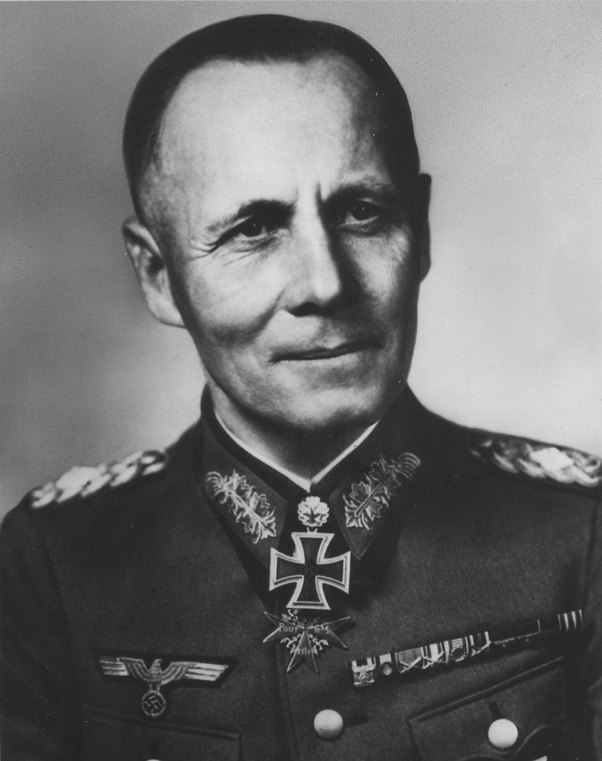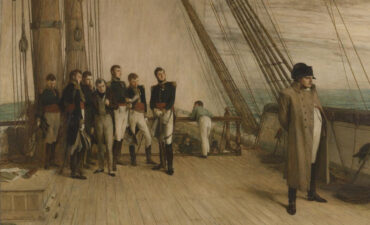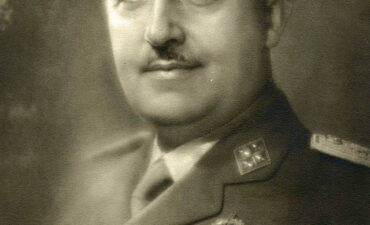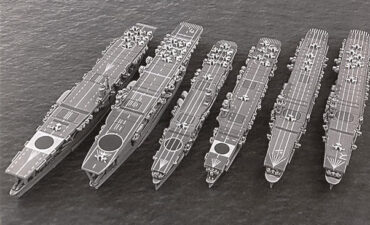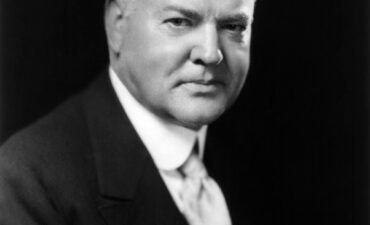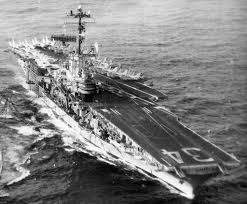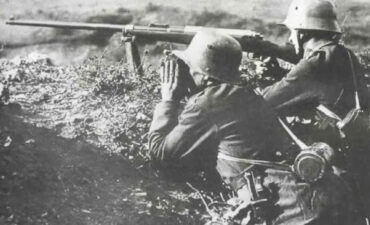What if Erwin Rommel hadn’t met his tragic fate?
What if Erwin Rommel hadn’t met his tragic fate? If Erwin Rommel had not met his tragic fate in 1944, it’s possible that his influence on the war and its aftermath might have been significant. Rommel, known as the “Desert Fox,” was respected for his tactical skill and was one of the most well-regarded German military leaders, both by his allies and adversaries.
Here are some potential scenarios:
Continued Influence on the War:
Rommel’s strategic insights and experience could have played a role in the defense of Germany as the Allies advanced. While it was unlikely that Germany could have turned the tide of the war by this point, Rommel might have been instrumental in better-organized defenses and could have influenced the conduct of German forces in France and beyond.
Role in the Resistance to Hitler:
Rommel’s involvement in the conspiracy against Hitler, though indirect, suggests he was disillusioned with the Nazi leadership. Had he survived, Rommel might have taken a more direct role in efforts to negotiate with the Allies or even to facilitate Hitler’s removal. His reputation as a relatively apolitical figure might have given him some leverage in this respect.
Post-War Leadership in a Different Germany:
If Rommel had survived and Germany had fallen to the Allies, Rommel’s status and reputation could have made him a prominent figure in a post-war German reconstruction. His lack of deep ties to Nazi ideology might have made him a suitable candidate for a leadership role in rebuilding Germany or as a key figure in establishing the new Bundeswehr (the West German military).
Relations with the Allies:
Rommel was respected by the Allies for his conduct during the war, often fighting with a sense of honor and avoiding the more brutal tactics endorsed by the Nazi leadership. His survival might have aided a smoother transition for Germany in the post-war era, as Allied leaders might have seen him as a moderate, which could have facilitated a more constructive dialogue.
Overall, Rommel’s survival would have presented a complicated but potentially stabilizing factor for post-war Germany, with the possibility of altering both the end stages of World War II and the nature of early West German political and military institutions. However, much would have depended on how the power dynamics within Germany evolved after the fall of the Third Reich.
